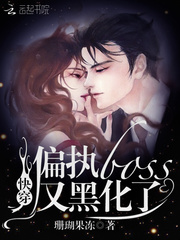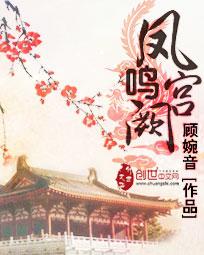CHAPTER IV
您可以在百度里搜索“Now It Can Be Told 艾草文学(www.321553.xyz)”查找最新章节!
CHAPTER IV
I did not find any self-conscious patriotism among the rank and file of the New Army. The word itself meant nothing to them. Unlike the French soldier, to whom patriotism is a religion and who has the name of France on his lips at the moment of peril, our men were silent about the reasons for their coming out and the cause for which they risked their lives. It was not for imperial power. Any illusion to “The Empire” left them stone—cold unless they confused it with the Empire Music Hall, when their hearts warmed to the name. It was not because they hated Germans, because after a few turns in the trenches many of them had a fellow-feeling for the poor devils over the way, and to the end of the war treated any prisoners they took (after the killing in hot blood) like pet monkeys or tame bears. But for stringent regulations they would have fraternized with the enemy at the slightest excuse, and did so in the winter of 1914, to the great scandal of G. H. Q. “What's patriotism?” asked a boy of me, in Ypres, and there was hard scorn in his voice. Yet the love of the old country was deep down in the roots of their hearts, and, as with a boy who came from the village where I lived for a time, the name of some such place held all the meaning of life to many of them. The simple minds of country boys clung fast to that, went back in waking dreams to dwell in a cottage parlor where their parents sat, and an old clock ticked, and a dog slept with its head on its paws. The smell of the fields and the barns, the friendship of familiar trees, the heritage that was in their blood from old yeoman ancestry, touched them with the spirit of England, and it was because of that they fought.
The London lad was more self-conscious, had a more glib way of expressing his convictions, but even he hid his purpose in the war under a covering of irony and cynical jests. It was the spirit of the old city and the pride of it which helped him to suffer, and in his daydreams was the clanging of 'buses from Charing Cross to the Bank, the lights of the embankment reflected in the dark river, the back yard where he had kept his bicycle, or the suburban garden where he had watered his mother's plants... London! Good old London!... His heart ached for it sometimes when, as sentry, he stared across the parapet to the barbed wire in No Man's Land.
One night, strolling outside my own billet and wandering down the lane a way, I heard the sound of singing coming from a big brick barn on the roadside. I stood close under the blank wall at the back of the building, and listened. The men were singing “Auld Lang Syne” to the accompaniment of a concertina and a mouth-organ. They were taking parts, and the old tune—so strange to hear out in a village of France, in the war zone—sounded very well, with deep-throated harmonies. Presently the concertina changed its tune, and the men of the New Army sang “God Save the King.” I heard it sung a thousand times or more on royal festivals and tours, but listening to it then from that dark old barn in Flanders, where a number of “K.'s men” lay on the straw a night or two away from the ordeal of advanced trenches, in which they had to take their turn, I heard it with more emotion than ever before. In that anthem, chanted by these boys in the darkness, was the spirit of England. If I had been king, like that Harry who wandered round the camp of Agincourt, where his men lay sleeping, I should have been glad to stand and listen outside that barn and hear those words:
Send him victorious, Happy and glorious.
As the chief of the British tribes, the fifth George received his tribute from those warrior boys who had come out to fight for the flag that meant to them some old village on the Sussex Downs, where a mother and a sweetheart waited, or some town in the Midlands where the walls were placarded with posters which made the Germans gibe, or old London, where the 'buses went clanging down the Strand.
As I went back up the lane a dark figure loomed out, and I heard the click of a rifle-bolt. It was one of K.'s men, standing sentry outside the camp.
“Who goes there?”
It was a cockney voice.
“Friends.”
“Pass, friends. All's well.”
Yes, all was well then, as far as human courage and the spirit of a splendid youthfulness counted in that war of high explosives and destructive chemistry. The fighting in front of these lads of the New Army decided the fate of the world, and it was the valor of those young soldiers who, in a little while, were flung into hell-fires and killed in great numbers, which made all things different in the philosophy of modern life. That concertina in the barn was playing the music of an epic which will make those who sang it seem like heroes of mythology to the future race which will read of this death-struggle in Europe. Yet it was a cockney, perhaps from Clapham junction or Peckham Rye, who said, like a voice of Fate, “All's well.” Now It Can Be Told
